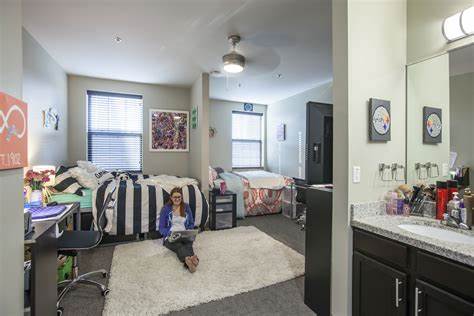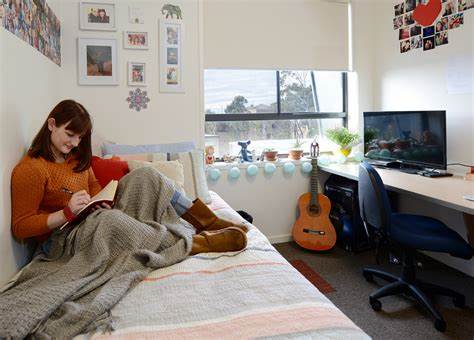1. Division of labor
Simply put, decide in advance who will be responsible for what.
For example, if you are good at logistics, you might prefer to handle maintenance and repairs. If your co-owner is very good at numbers, maybe he or she will be responsible for rent, accounting and taxes.
In order for it to work, the two of you should communicate with each other on a regular basis and establish some simple procedures for who should do what and when. You will tell your co-owners when they need repairs and fees, and your co-owners will give you a financial statement every month.
Basic responsibilities include:
Maintenance and repair
Rent and finance
Management and licensing
Advertising and marketing
Real estate showTenant screening
Move in/out
At the very least, it's important to discuss these key responsibilities with your co-owners before you find your first tenant.
2. Separation costs associated with ownership
You may want to share the cost with your co-owners. The simplest arrangement is to share the costs proportionally to the share of each co-owner in the property. For example, if you all own half of the rental property, then you have to share the cost, such as installing a new roof, 50/50.
3. Talking about goals
Discuss why you want this rental property and what your short-term and long-term goals are.
Maybe both of you want to be a landlord in the next 20 or 30 years. Maybe you want to buy your partner in a few years and live in a rented house. Maybe one or both of you sometimes want to use this property, and occasionally rent it, Airbnb style.
4. Choose your title
You have two choices on how to get a title (if you are a married couple or a loyal relationship, there are three choices). Ownership refers to the way you legally own property together.
How you get ownership affects your rights to property, so it's a good idea to discuss your options with a lawyer before making a decision.
5. Develop a list of tenant standards
Whether you want to jointly screen and interview tenants, or delegate work to a person, you still need to agree on tenant criteria.
There are many issues to consider, such as whether an applicant needs a certain credit rating or a certain income level to be eligible to rent your property. Also, discuss how long you want the lease to be, and any other matters that matter to you (as long as your policy is not unlawful).
6. Decide when to improve
All houses need to be maintained, but when you have a house with someone else, you need to discuss what needs to be done and when to do it on the same page.
Many problems are caused by co-owners, so you must do your paperwork for the first time. If you have never done or have never done a landlord before, consider hiring a lawyer to help you write a common landlord agreement.
If you want to write a letter yourself, you can always hire a lawyer to check to make sure you cover everything.




